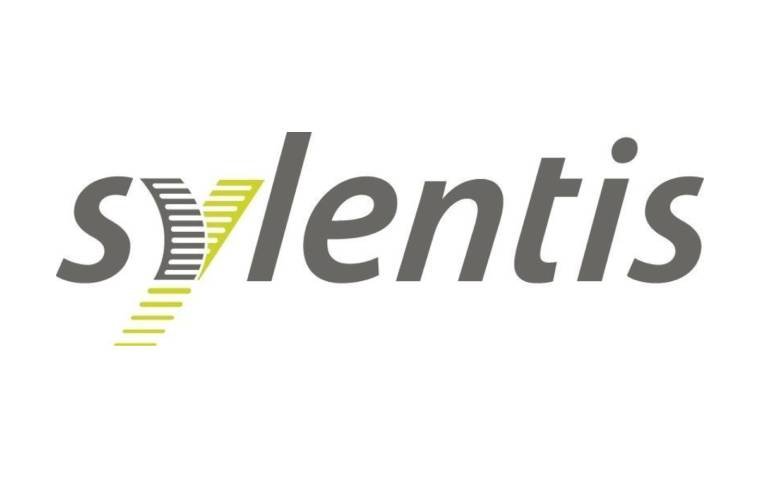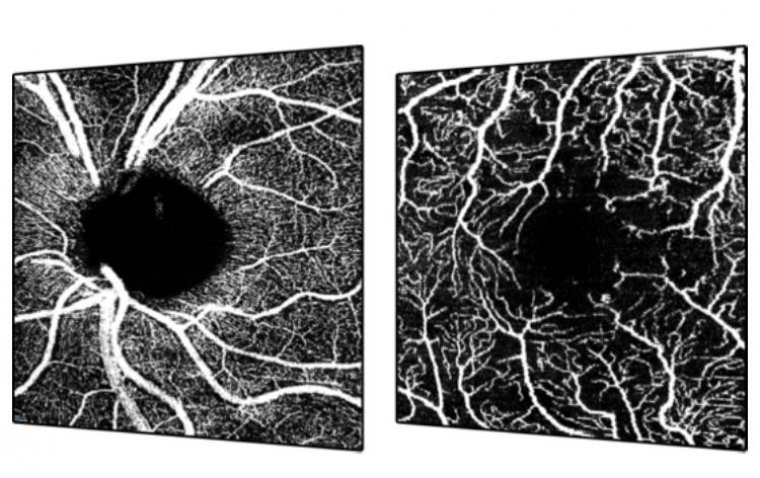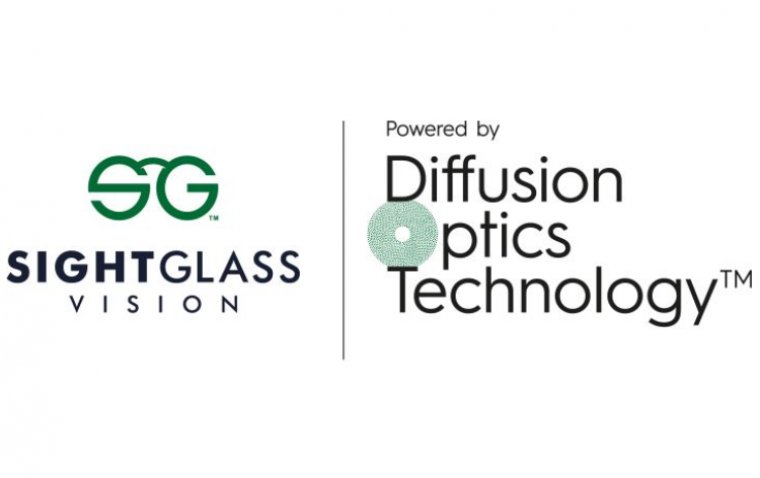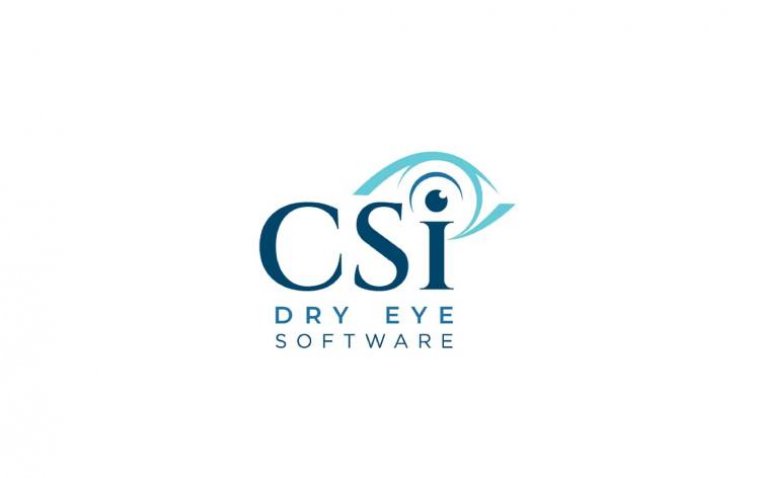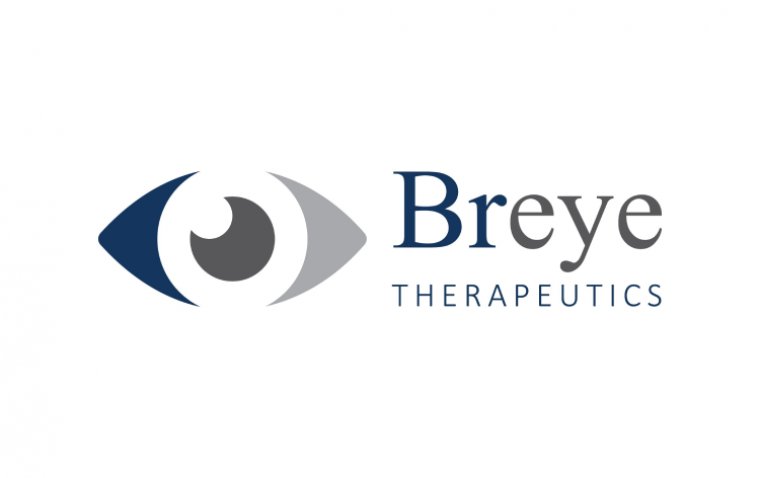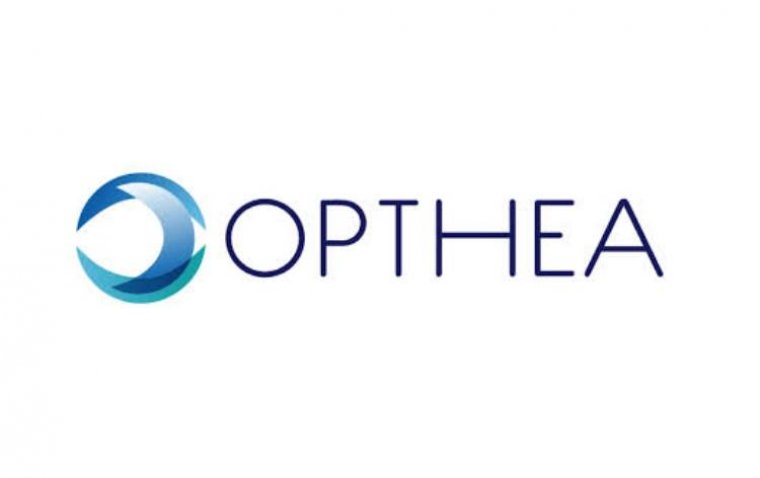
Opthea Announces Completion of Enrollment in Phase 3 Trials for Wet AMD Treatment
Opthea Limited announced the completion of enrollment in both the COAST and ShORe trials, constituting its pivotal Phase 3 clinical program. This program is designed to assess the safety and superior efficacy of sozinibercept in combination with standard-of-care anti-VEGF-A therapies compared to standard of care alone for the treatment of patients with wet AMD.
"This milestone brings us closer to our goal of improving visual outcomes for patients with wet AMD," said Arshad M. Khanani, MD, MA, FASRS, Chief Medical Advisor of Opthea. "Sozinibercept demonstrated strong clinical evidence of superior visual outcomes in combination with ranibizumab, forming the basis for this large Phase 3 clinical program."
Enrolling Nearly 2,000 Wet AMD Patients
Opthea's Phase 3 program includes two multicenter, double-masked, randomized, sham-controlled trials: COAST (Combination OPT-302 with Aflibercept Study) and ShORe (Study of OPT-302 in combination with Ranibizumab). These trials enrolled a total of 1,984 treatment-naïve wet AMD patients, making it one of the largest Phase 3 programs in wet AMD.
CEO's Perspective on Sozinibercept
"Sozinibercept is the only late-stage asset in development targeting better visual outcomes for wet AMD patients in combination with standard-of-care anti-VEGF-A therapies," said Frederic Guerard, PharmD, Chief Executive Officer of Opthea. "We are excited about the potential of sozinibercept to transform the current treatment paradigm."
Understanding Sozinibercept
Sozinibercept (OPT-302) is a soluble form of vascular endothelial growth factor receptor 3 (VEGFR-3) expressed as an immunoglobulin G1 (IgG1) Fc-fusion protein. It binds and neutralizes the activity of VEGF-C and VEGF-D, which are known to stimulate retinal angiogenesis and vascular leakage. The targeted inhibition of VEGF-C and VEGF-D with sozinibercept has the potential to prevent blood vessel growth and vascular leakage, addressing key aspects of retinal diseases, including wet AMD.
"We are excited about the potential of sozinibercept to transform the current treatment paradigm, with pivotal 52-week topline data expected in mid-CY2025 to support a potential BLA submission," added Dr. Guerard.
About Wet AMD
Wet age-related macular degeneration (wet AMD) is a progressive eye condition that affects the macula, the central part of the retina responsible for sharp, central vision. In wet AMD, abnormal blood vessels grow beneath the macula and leak fluid or blood, causing distortion or loss of central vision. This condition can progress rapidly and lead to significant vision loss if left untreated. Common symptoms of wet AMD include sudden changes in vision, such as the appearance of straight lines appearing wavy or distorted, and difficulty seeing details or colors clearly.
(1).jpg)
